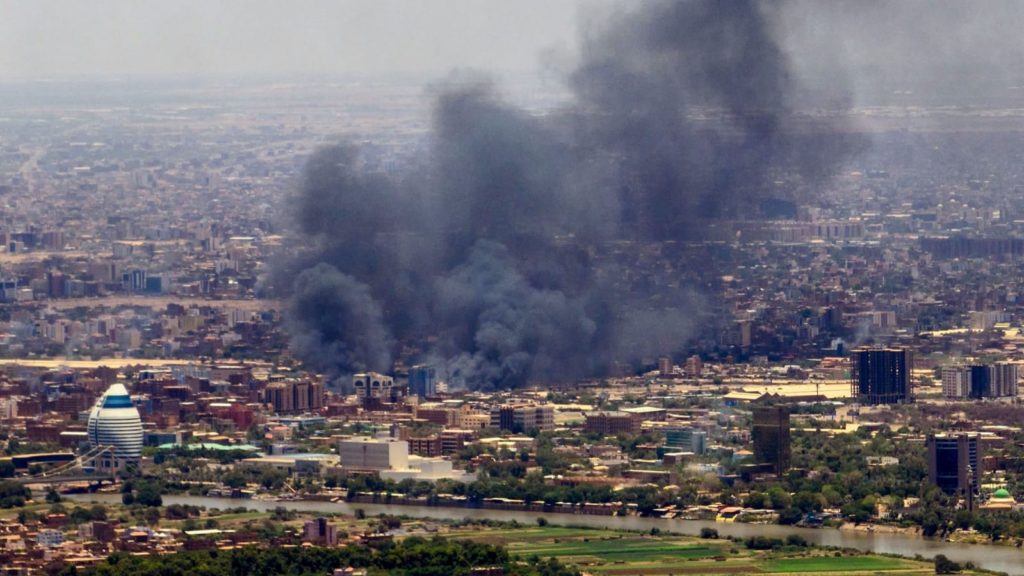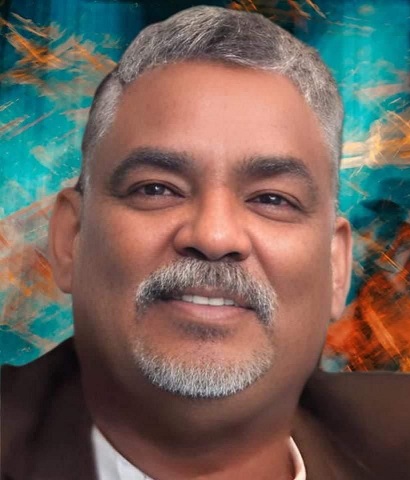

KHARTOUM, July 21 – The ongoing armed conflict in Sudan, specifically in the city of Khartoum has entered another dangerous phase as members of the Rapid Support Forces (RSF), said to be losing out in confrontations with the national army, has infiltrated the city while its members have taken to looting people’s houses.
Incidents of rape have also been on the rise, said Osama Ahmad Idrus, a Sudanese political analyst currently living out of Sudan and who continues to highlight the situation confronting the people of Sudan since the latest armed conflicts began on April 15 this year between the Armed Forces of Sudan (AFS) and the RSF.
As clashes broke out in the cities, with most of the fighting taking place around Khartoum and the Darfur region, the people’s movements were restricted and supermarket shelves were emptied. Power cuts also left the people without electricity supply as well. Major public areas also came into control, such as the country’s international airport.
According to Osama, the RSF which earlier took control of some areas, began to lose in the confrontations with the armed forces, particularly in the control of public facilities.
“This drove them into the city, where they have now started infiltrating into the homes of civilians. They have now started looting these houses and there have been reports of at least 60 rape cases,” Osama told Weekly Echo in a recent interview.
According to the United Nations, hundreds of people have died, while thousands more wounded and hundreds of thousands displaced, in the ongoing conflict.
The latest conflict came after hopes were raised in the recent years that Sudan would eventually move into civillian rule and away from its long but intermittent millitary rule since independence, after President Omar Hassan Ahmad al-Bashir was overthrown in a military coup on April 11, 2019 and a transitional government was put in place, to be led by the High Council of the Armed Forces.
This was headed by Gen. Abdel Fattah al-Burhan. The High Council was later replaced with a transitional Sovereignty Council, comprising military and civilian representatives with Burhan as president, that was expected to rule until democratic elections, scheduled for 2022, were held. In 2021, the military launched another coup. Prime Minister Abdalla Hamdok and other government officials were arrested, and the Sovereignty Council was dissolved. Promised elections were pushed back to July 2023.
“There had been a short period of democracy for four years in Sudan before, following a military dictatorship for 30 years and then it went back to dictatorship but following the coup in 2019, there was supposed to be a power transition to civilian rule with the army chief being the caretaker government but this never took place. Instead, there had been a slow consolidation and usurpation of power by two parts of the ruling government, comprising the military and the rebel forces, eventually going into conflict among themselves, with one turning into dictatorship before the latest conflict,” Osama said.
“The civilian branch of the government, the third force, was there for two years but it has gone and there has been no prime minister in the last two years now.
“There has been no working government since April this year. While the ministries are functioning, and everything has been slowed down, the government is really not there.”
Osama said armed conflicts had become very normal in Sudan with both military forces and the rebel forces having gained strength over the years in terms of arms supply and this has made it difficult for any civilian government to come in place. The conflict between the armed forces and rebel forces has been a power struggle with no letting up, he said, adding that it has come at a worst time when Sudan’s economy has gone down.
Although there had been efforts to reconcile them, it was too late and the war between the two began. Within a short period, the rebel forces took control of various areas but the armed forces has regained many of these areas, and that is how the rebel forces started infiltrating the city, particularly the electricity and water hubs, particularly water sources like River Nile.
They have taken over civillian homes forcefully, while cases of gang rape and death have also been reported, he said.
There has been also destruction of public buildings and this is the state of the “war” in Khartoum now, which has been prolonging.
“This is an irony as Sudan is in a strategic part of the Nile river and is rich in natural resources, especially gold,” he said.
“As for external help, nothing concrete has come in as each party has its own agenda and interest,” Osama alleged.
There have been controversial talks that no one may do anything for Sudan and instead weakening it could also be in the agenda, he said, adding that there was much to be gained from the land.
–WE